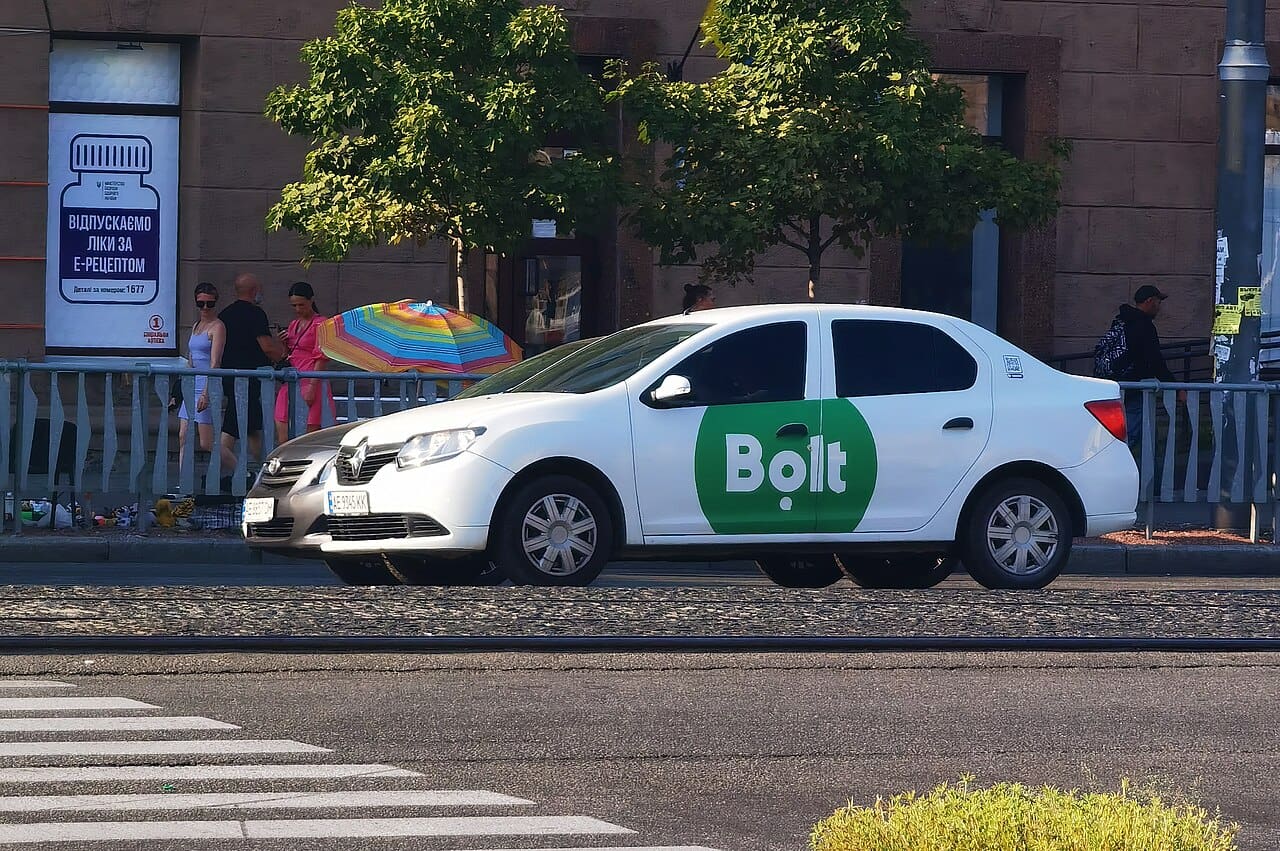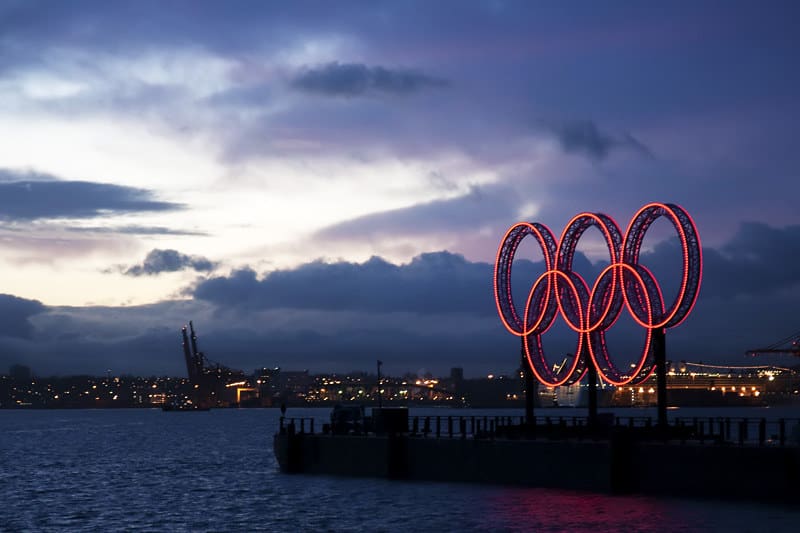Jeff Bezos’ extravagant wedding in Venice might be making headlines for its glitz, but beneath the sparkle lies a much bigger problem about a world growing more and more unequal. One can not help but feel that the celebration was less about love and more about excess.
Initially planned to take place at one of Venice’s most iconic venues, the Scuola Grande della Misericordia, the wedding faced fierce backlash from locals and activists, who saw it as an invasion of their already overburdened city. Protesters forced Bezos to relocate the celebration to a shipyard, in a renovated maritime area known as the Arsenale on the outer edge of Venice. Not quite the romantic vision, but still fancy.
More than 200 VIP guests are expected to attend the wedding, including celebrities like Kim Kardashian, Leonardo DiCaprio and members of the Trump family. The president of the Veneto region, where Venice is located, criticised the protests. He argued that the 90 private jets bringing guests to nearby airports would help local businesses earn around R1.033 billion. The wedding celebrations were expected to cost approximately R629 million.
And yet, even with the change of venue, the message is clear: we live in a world where a handful of people can afford to spend hundreds of millions on a weekend, while some are left scrambling for the basics.
This contrast isn’t unique to Venice. Here, at home, in South Africa, we live in a country where the gap between rich and poor is the widest in the world. While billionaires grow their fortunes, millions of South Africans face daily struggles, including poverty, unemployment, and crumbling infrastructure. Watching someone spend in one weekend what could rebuild communities or feed an entire province is a reminder of how far we are from closing that gap.
SA is the most unequal country in the world
In the latest 2024 data, we score the highest on the Gini index. This measures income inequality, which essentially means the gap between the rich and the poor here is larger than in other countries.
The richest 10% of South Africans own more than 85% of everything, from property to investments. Meanwhile, half of the country is in debt, owing more money than they actually have. About 21.6% of South Africans live in poverty, with over 10 million people surviving on less than R40 a day, not even enough to get bread and milk.
Although democracy was established over 30 years ago, this inequality persists today.
Our country’s history of colonialism and apartheid deliberately excluded the black majority from owning land, building wealth, or even working freely in cities. Laws back then made it nearly impossible for black South Africans to get ahead. And those effects didn’t magically disappear. While some progress has been made, real wealth, such as land, property, and investments, remains mainly in the hands of a few.
The economy today isn’t helping much either. Jobs are scarce, especially for young people. And when people do find work, it’s often unstable and pays very little. A small group of ultra-wealthy individuals continue to benefit the most, while millions struggle just to stay afloat.
Globally, we’re seeing the same pattern. The richest people are becoming increasingly wealthy at a rapid rate, while ordinary working people are falling further behind. Here at home, that means many South Africans are stuck earning too little to ever build real security or pass anything on to their children.
The few that have it all
When we talk about inequality in our country, it’s hard not to notice just how rich some billionaire elite are, especially when compared to how most South Africans live. People like Johann Rupert, Nicky Oppenheimer, Patrice Motsepe, and Koos Bekker have built empires across different industries. While their businesses create jobs, and they do give back through various foundations and charities, their fortunes still highlight just how wide the gap is between the haves and the have-nots.
Take, for example, South African billionaire Johann Rupert. He owns prominent brands like Cartier and Montblanc through his company, Richemont, and also has a stake in healthcare, food, and even tobacco through other companies. According to Forbes, Rupert’s net worth is estimated at $13.8 billion as of yesterday.
Nicky Oppenheimer made most of his money from diamonds and now runs a luxury aviation company, while also investing in nature reserves.
Patrice Motsepe, the first black African billionaire, made his fortune in mining and is now a prominent figure in both business and sports. And then there’s Koos Bekker, who turned Naspers into a global tech success story, mostly through investments the average South African couldn’t dream of making.
Yes, these rich individuals have played a role in job creation and development. But the reality is that their wealth exists in a country where millions of people don’t have enough to eat, can’t find work, and live without basic services like water and electricity.
It raises questions such as: how can so few people have so much, while so many struggle with so little? And what does that say about the kind of economy and country we’ve built?
Closing the wealth gap in South Africa won’t be easy, but it must start with bold steps. One idea is to introduce a tax on the super-rich, a small percentage of their wealth each year, that could be allocated toward initiatives such as improved education and healthcare. Other countries are also exploring this option, and it could generate billions. Billionaires often use loopholes to avoid paying their fair share. More also needs to be done to support people living in poverty, like improving access to housing, clean water, and electricity. Government spending needs to be better managed, with less corruption and more transparency. At the end of the day, if we want a fairer country, we can’t keep letting a few people hold most of the wealth while millions go without. It’s time for action.
Bezos’ lavish wedding in Venice has become a global symbol of just how wealthy some people are and how far they are from the struggles of ordinary people. Here in South Africa, we see the same phenomenon with our own billionaires. While their businesses continue to grow, millions of South Africans struggle to afford basic necessities.
Lona is a recent graduate with an Honours degree in Journalism and Media Studies from Wits University. Passionate about storytelling, she is eager to learn, grow, and hone her writing skills.




